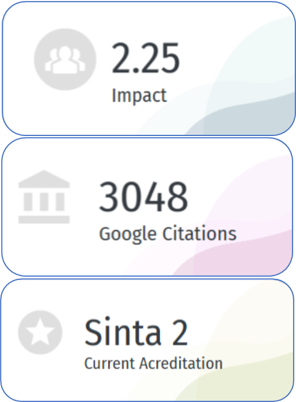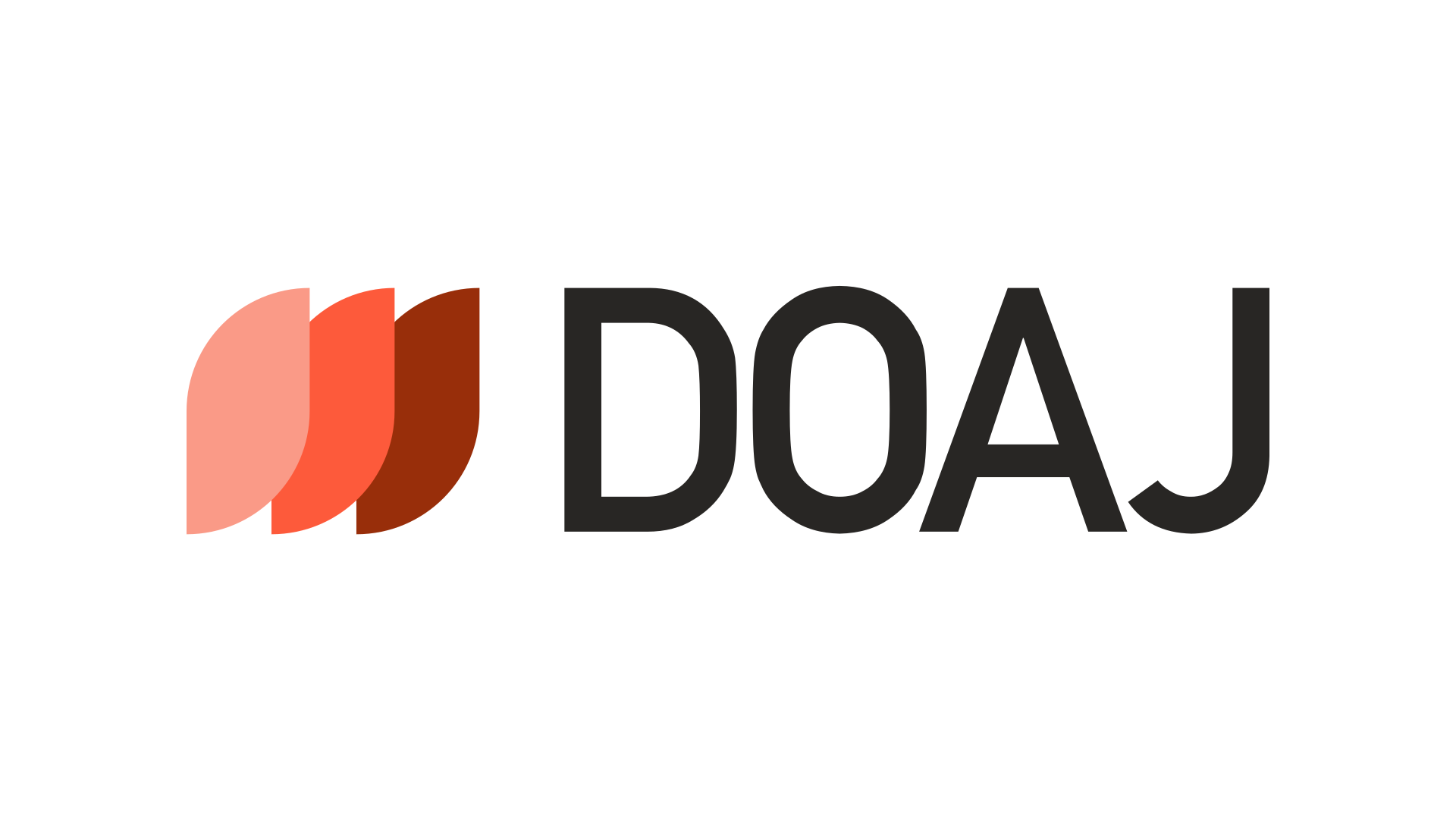Balanced Scorecard for Integrity Zone Development: A Study at Padang Class I Immigration Office
DOI:
https://doi.org/10.24258/jba.v21i2.1634Abstract
The performance of public services in Indonesian government institutions is under significant scrutiny, particularly in terms of achieving Integrity Zone standards such as Corruption-Free Areas (WBK) and Clean and Serving Bureaucratic Areas (WBBM). The objective of this study is to identify strategic steps for enhancing the Integrity Zone (Zona Integritas, ZI) at the Padang Class I Checkpoint Immigration Office using the Balanced Scorecard (BSC) approach. This study examines strategic initiatives to enhance the Integrity Zone at the Padang Class I Checkpoint Immigration Office using the Balanced Scorecard (BSC) framework. This research employs a qualitative approach, utilizing interviews, observations, and document analysis. The study identifies critical gaps in service delivery, financial management, and workforce training. Key findings underscore the need for digital infrastructure upgrades, reallocating resources for staff development, and cultivating a culture of accountability. The study demonstrates the BSC's relevance in public sector reforms, providing actionable insights for improving service efficiency and institutional transparency. By integrating digital governance into the BSC framework, this
research advances BSC theory by reconceptualizing its causal relationships in the
context of integrity-focused bureaucracies, demonstrating how BSC can resolve
'measurement fragmentation' between compliance and service excellence
Downloads
Downloads
Published
How to Cite
Issue
Section
License
Copyright (c) 2025 Jurnal Borneo Administrator

This work is licensed under a Creative Commons Attribution-NonCommercial-ShareAlike 4.0 International License.
Policy for Journals That Offer Open Access
Authors who publish with this journal agree to the following terms:
- Authors retain copyright and grant the journal right of first publication with the work simultaneously licensed under a Creative Commons Attribution-NonCommercial-ShareAlike 4.0 International License that allows others to share the work with an acknowledgement of the work's authorship and initial publication in this journal.
- Authors are able to enter into separate, additional contractual arrangements for the non-exclusive distribution of the journal's published version of the work (e.g., post it to an institutional repository or publish it in a book), with an acknowledgement of its initial publication in this journal.
- Authors are permitted and encouraged to post their work online (e.g., in institutional repositories or on their website) prior to and during the submission process, as it can lead to productive exchanges, as well as earlier and greater citation of published work (See The Effect of Open Access).
























